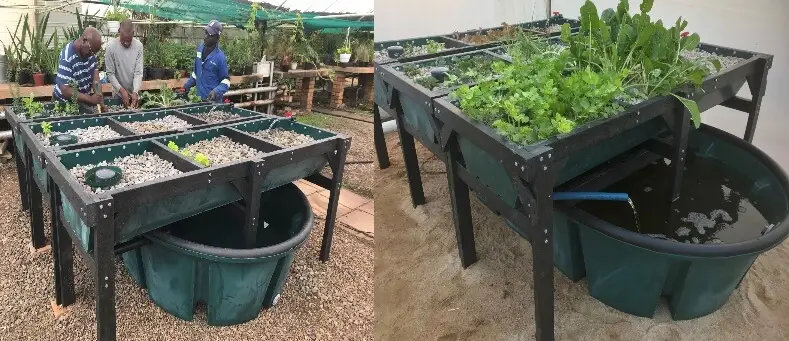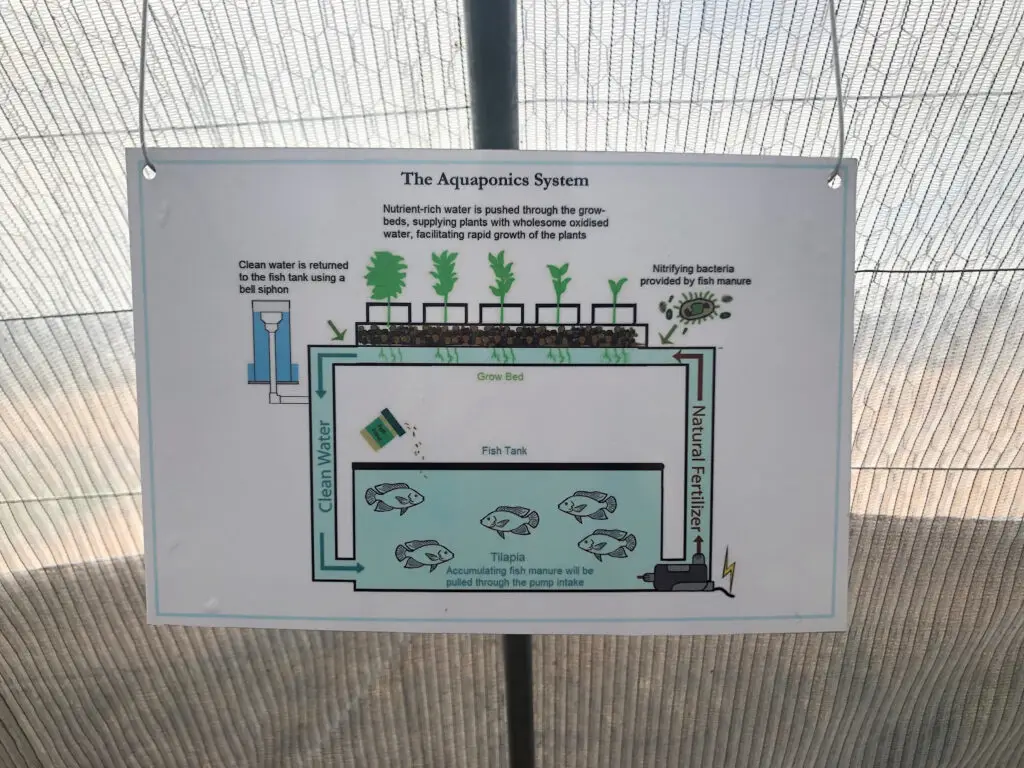Herd Elephant Orphanage
All over Africa, elephants are threatened by poaching or habitat destruction. As the mother elephant is often killed in these conflicts, the baby elephant can not survive on its own. When a rescued orphan elephant comes into the orphanage, it is traumatised and in many cases dehydrated, sunburnt and possibly injured.
Because of their high intelligence and complexity, they are very different to your usual wild animal. Their needs are diverse and nuanced and require a special kind of management, one with heart and soul and respect as well as milk and medicine.
HERD, South Africa’s first dedicated elephant orphanage
With the growing numbers of orphans and displaced elephant calves in recent years, as a result of increasing numbers of poaching of elephant mothers as well as man vs. elephant land conflict, Adine Roode, MD and owner of the Jabulani Herd, took the step to build a dedicated elephant orphanage to provide a unique adoptive family structure for baby elephants in need.
A baby elephant orphanage is of great importance for the future elephants to survive.
HERD is South Africa’s first dedicated elephant orphanage, founded in April 2019 by Adine Roode.
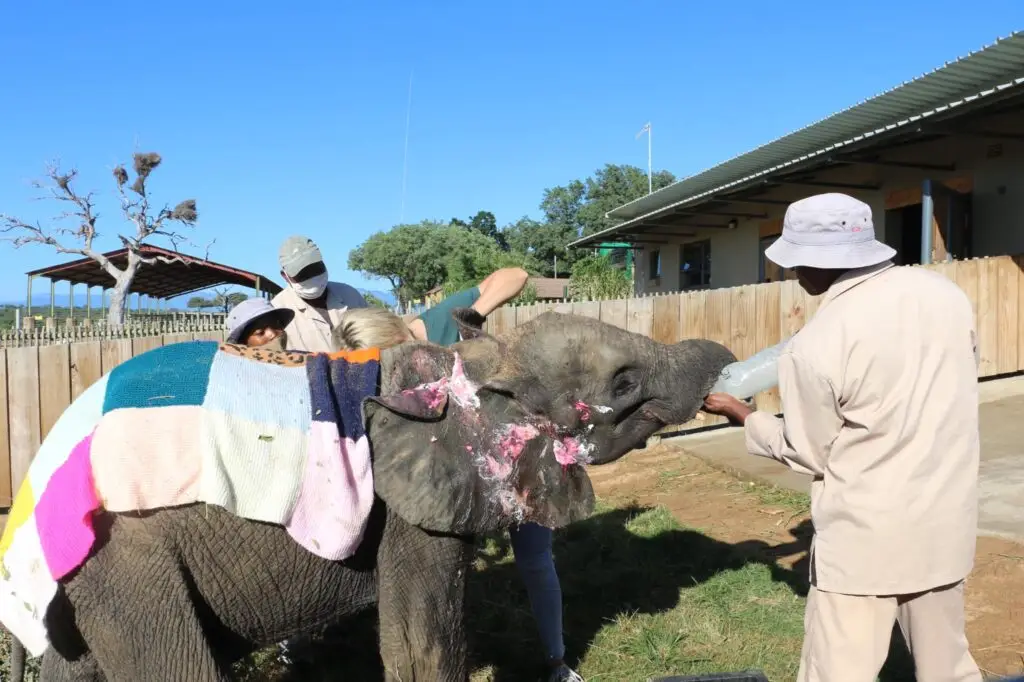
The Jabulani Elephants
HERD strives to care for and rehabilitate orphaned elephants, to give them a new family and a second chance of life with the Jabulani Herd.
The orphanage is located on the grounds of Jabulani in Kapama Game Reserve, next to the Krugerpark, purposely built near to the barns of the Jabulani herd for them to easily assess and integrate each baby elephant according to their individual emotional needs.
The unusual family structure of the Jabulani herd, the majority of which are orphans themselves, presents a unique solution for orphaned baby elephants in Southern Africa.

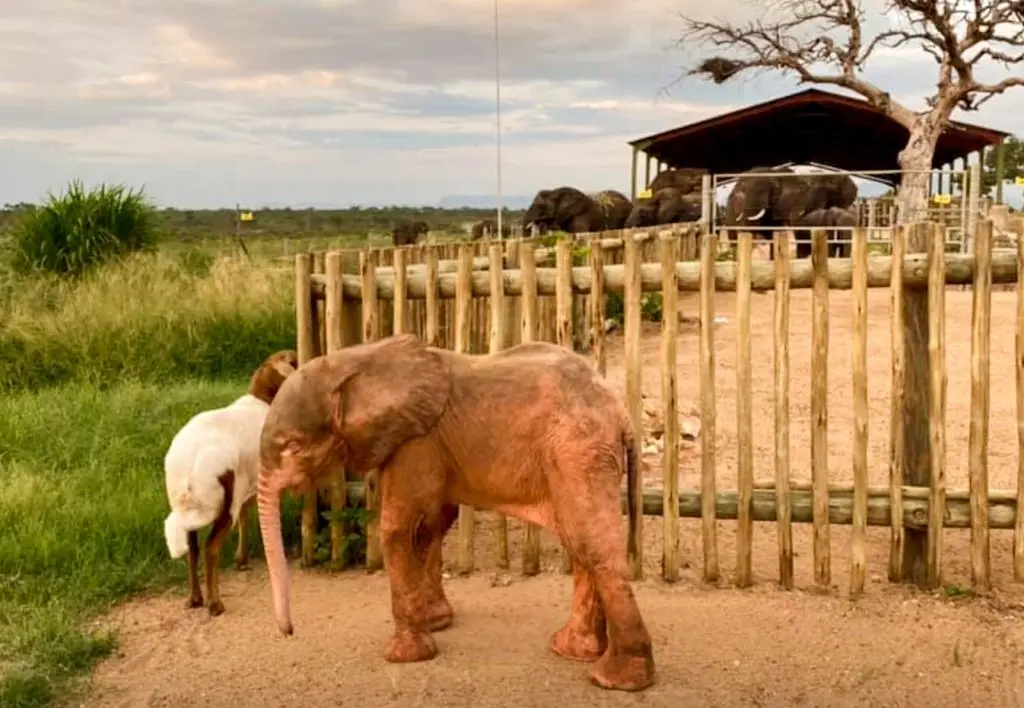
Every elephant needs a herd
Orphan elephants vitally need to find a second herd to ensure their emotional wellbeing and survival. Unlike wild elephant herds, the neighbouring Jabulani herd have graciously accepted orphan elephant calves into their family.
The Orphanage consists of three individual nurseries with five communal areas that adjoin them; a kitchenette, a storeroom, a bathroom as well as indoor and outdoor playgrounds for the baby elephants.
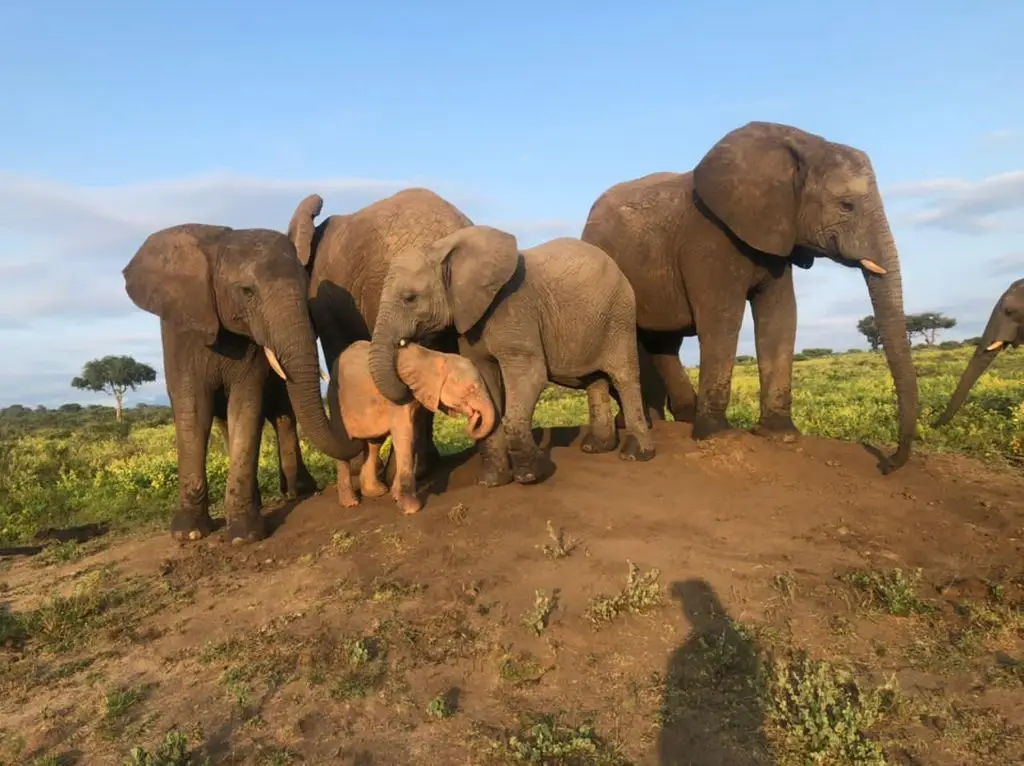
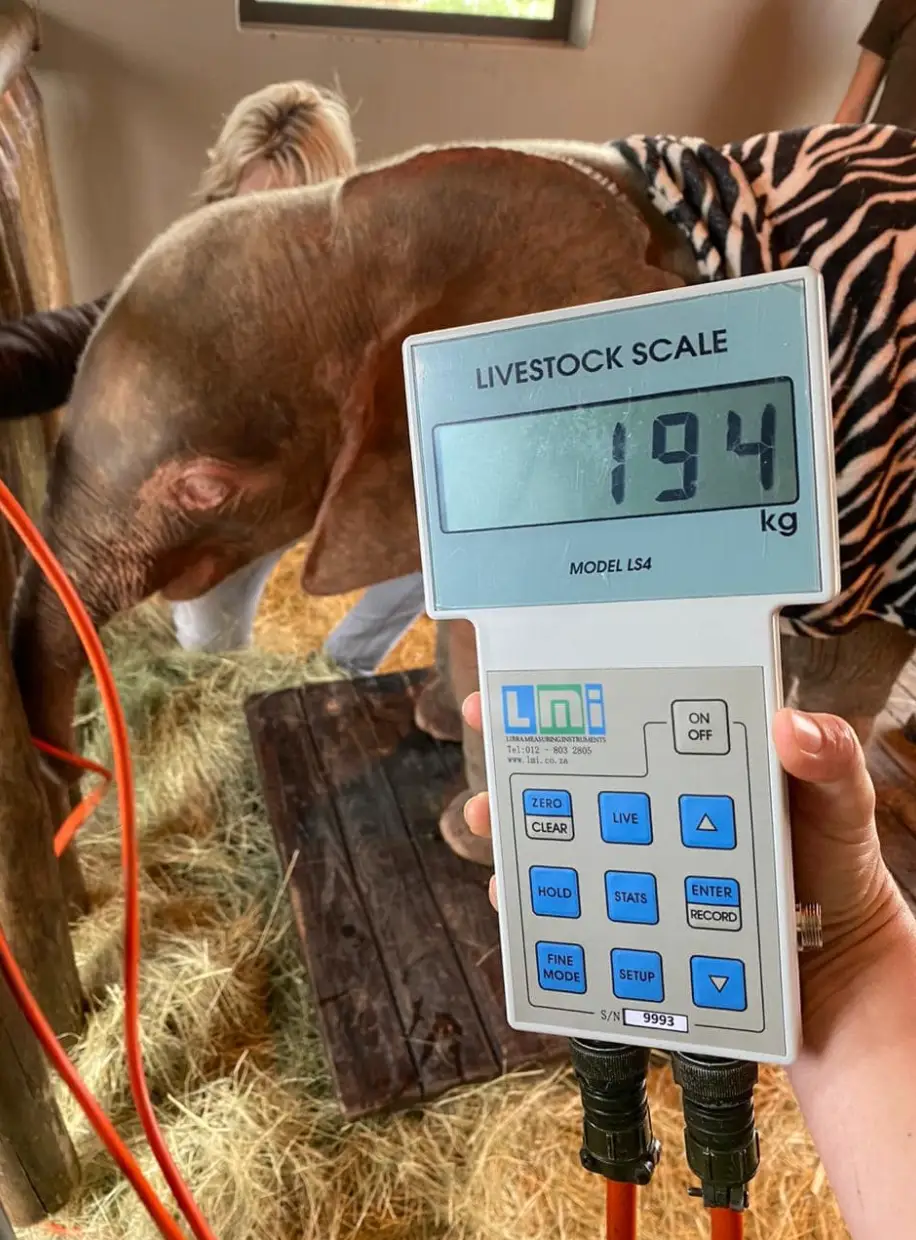
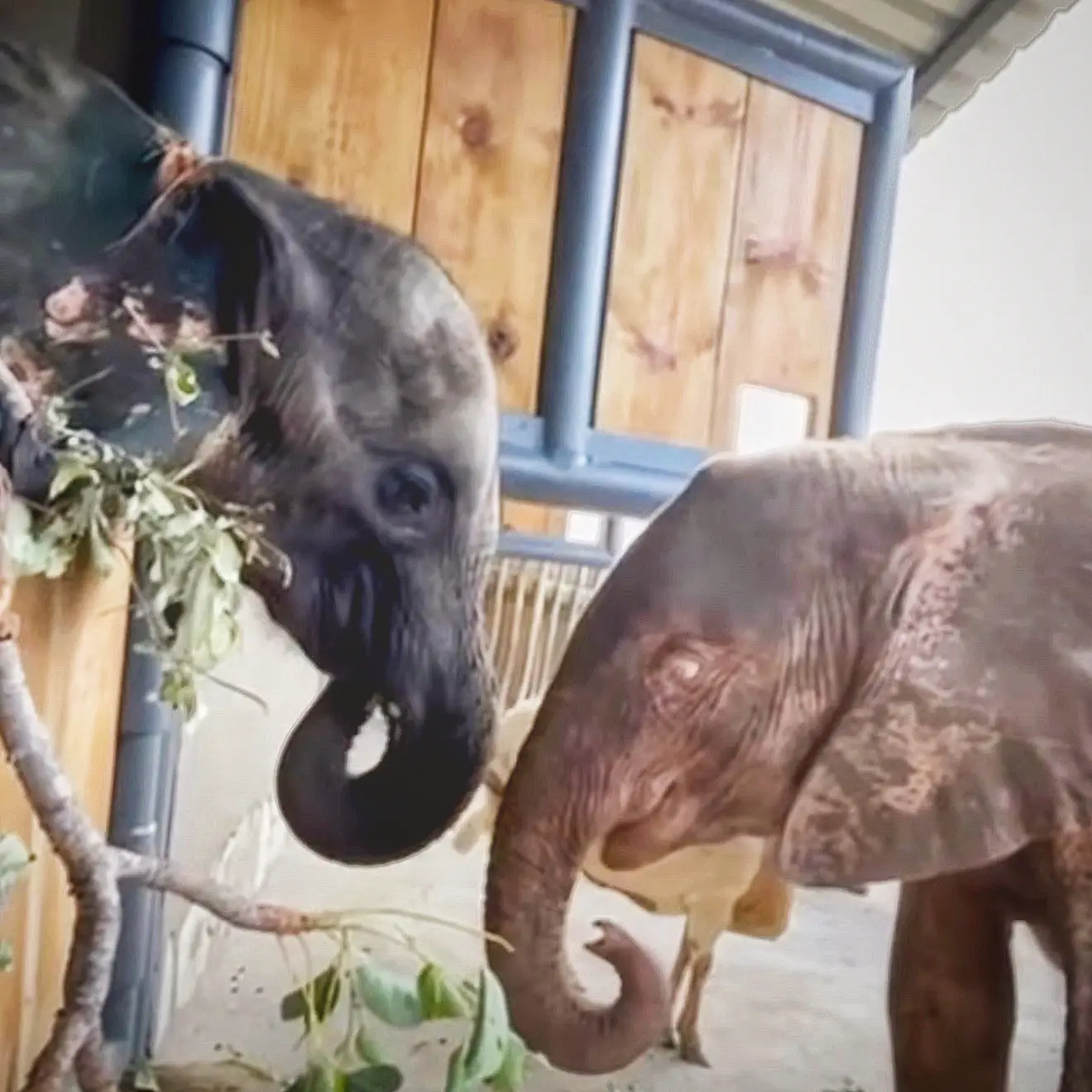
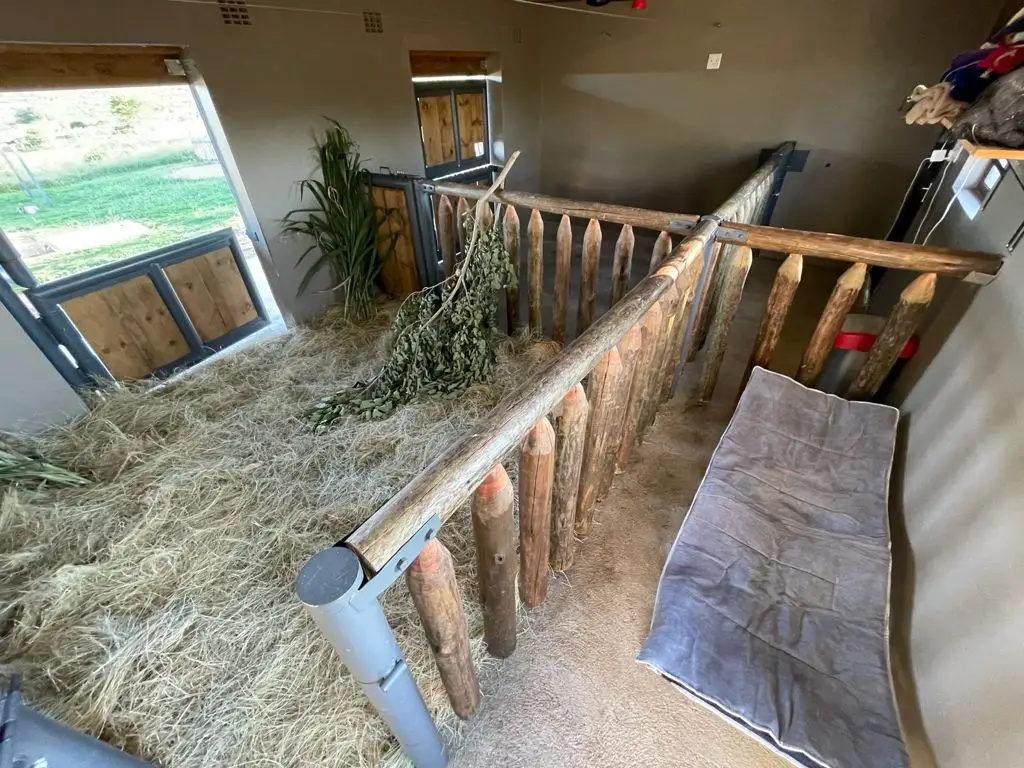
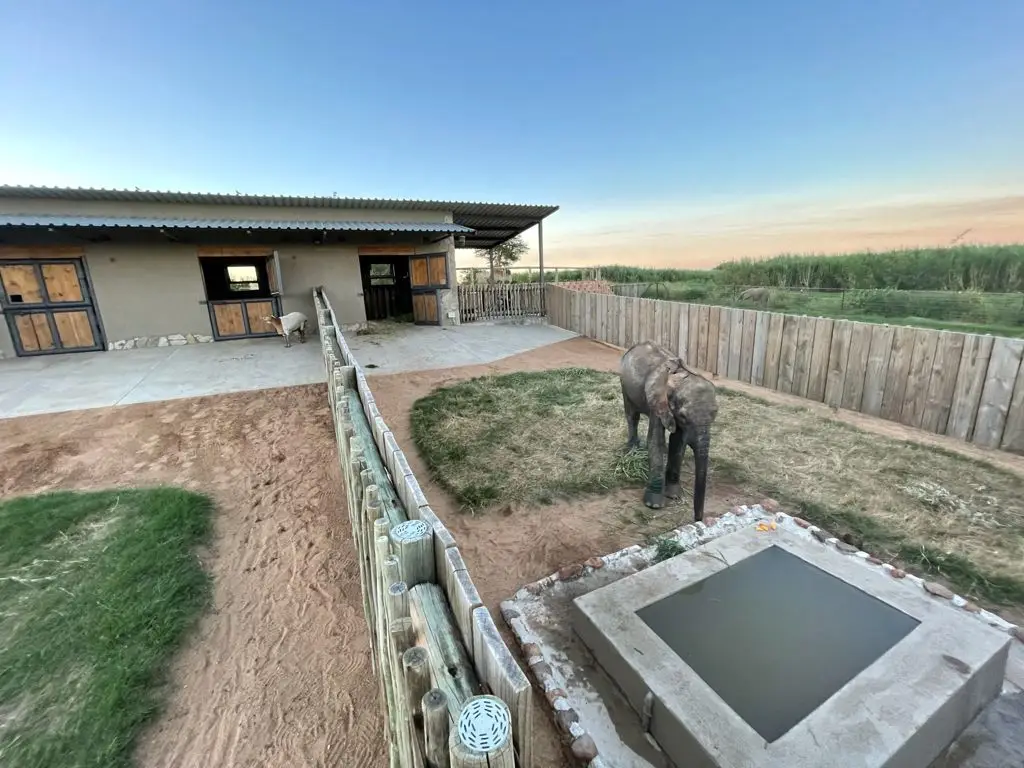
Herd Key Objectives and Principles
To recognise and accept the responsibility for taking care of animals on behalf of broader society, and to acknowledge society’s wish for and expectation of the protection and enhancement of vulnerable animals’ quality of life, which is planned and sustained for their full lives, you need a lot of expertise and knowledge.
You must be able:
- To provide a safe rehabilitation alternative for elephant orphans that prioritises the long-term well-being of the elephants.
- To provide a protected and supportive environment for the rescued Jabulani herd that promotes and enhances their overall well-being through rewilding (as much as possible) and understanding the ongoing need to provide direct care and supervision for their lifetime.
- To take advantage of the availability of a habituated wild elephant herd, the Jabulani herd, which provides a stable and controlled environment and elephant social system into which orphan elephants can be reintegrated for their enhanced lifetime wellbeing.
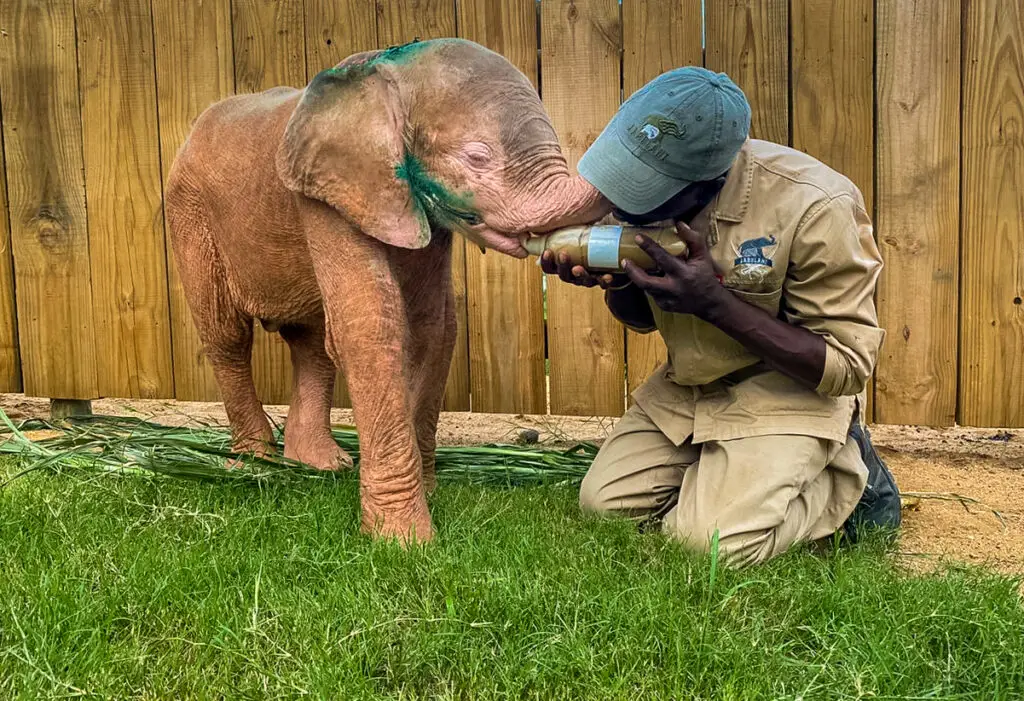
- To reintegrate the orphans into the habituated Jabulani elephant herd and/or other appropriate rehabilitation options that may become available in the future.
- To establish a strategy and long-term plan for elephant rehabilitation through rewilding that includes ways to mitigate the long-term chronic stress of releasing elephants directly into the wild when, as orphans, they don’t have a proper social structure. The focus is on building the orphans’ ability to deal with a wild system independently, in such a way that allows them to develop that capacity at a reasonable pace, and within a stable and nurturing system. Thus, the rewilding of captive elephants that takes elephant biology and local context into account.
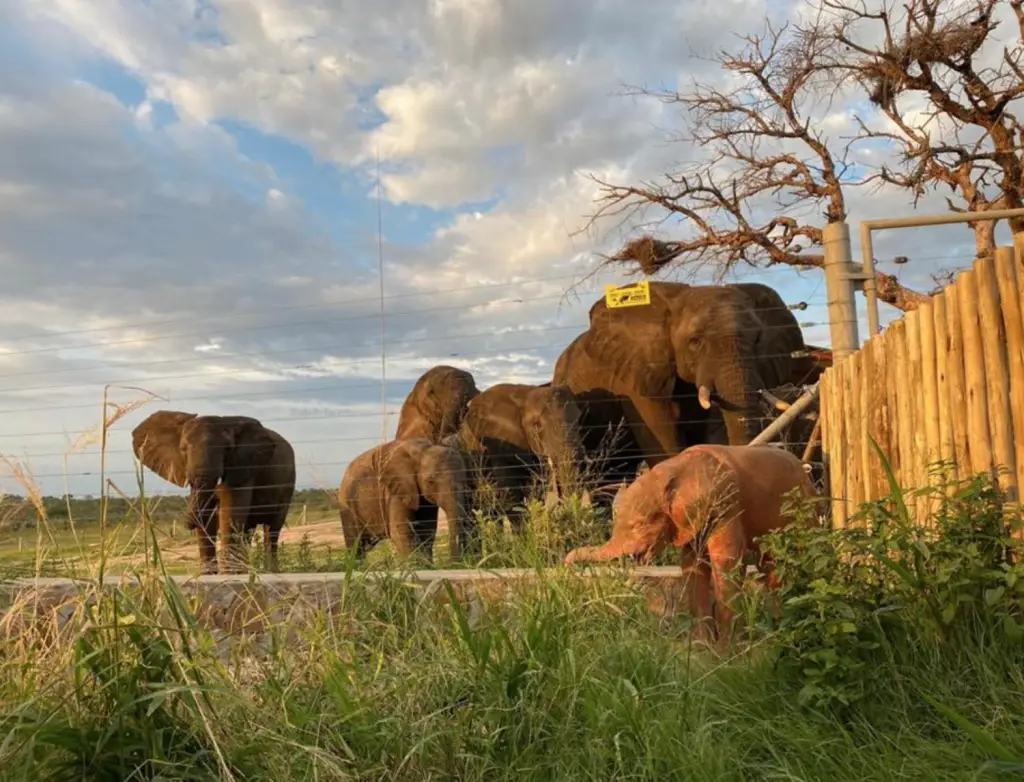
- Contribute towards the conservation value of elephants in a holistic way, by providing land to a flagship species that is not otherwise available. The conservation value lies not only in the conservation of the species, but promoting natural capital and natural land use for the benefit of people, while providing a safe rehabilitation context, and a sanctuary for partially rewilded elephants over their lifespan.
- Develop and leverage the potential role of elephants in contributing to local development, in the context of the sustainable development goals, including sustaining life on land, improving social cohesion, enhancing environmental and natural resource education on the reserve and in local schools, reducing poverty through employment and economic development of SMMEs associated with the elephants in their context, reducing gender inequality and broader inequality through the empowerment of women, youth and the poor and disadvantaged, through our operations and our broader footprint outside the reserve.
- Take a holistic approach to leveraging elephant goods (including dung) and services (including ecotourism, cultural value, existence value), that ensures the sustainability of the land-use and protection of the elephants on the reserve, but that also provides access with tenure to the local community to enhance the broader value of the current land-use relative to other options.
